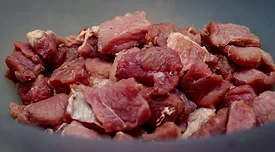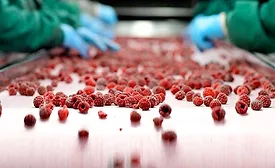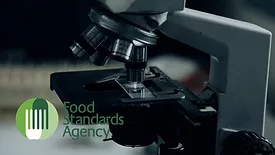Home » Keywords: » sampling
Items Tagged with 'sampling'
ARTICLES
How To Develop a Sampling Plan
Sampling can be used to sample a process during operation or to sample the output of a process, such as a product lot
December 11, 2023
Are ‘Standard’ Methods to Detect Non-Cultivable Pathogens in Food and the Environment Fit For Purpose?
Food system stakeholders face inherent challenges in managing non-cultivable foodborne pathogens
October 5, 2023
Never miss the latest news and trends driving the food safety industry
eNewsletter | Website | eMagazine
JOIN TODAY!Copyright ©2025. All Rights Reserved BNP Media.
Design, CMS, Hosting & Web Development :: ePublishing













